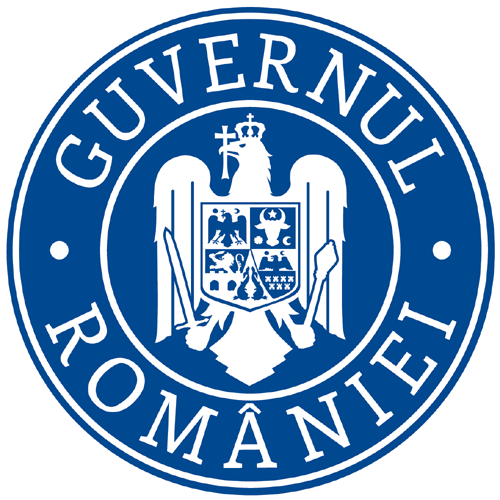Evaluation during the period 2007 – 2013
 According to article 47 of Council Regulation no. 1083/2006, evaluations aim to improve the quality, effectiveness and consistency of the assistance from the Funds, the strategy and implementation of operational programmes, with respect to the specific structural problems affecting the Member States and the regions, the objective of sustainable development and the relevant Community legislation concerning environmental impact and strategic environmental assessment.
According to article 47 of Council Regulation no. 1083/2006, evaluations aim to improve the quality, effectiveness and consistency of the assistance from the Funds, the strategy and implementation of operational programmes, with respect to the specific structural problems affecting the Member States and the regions, the objective of sustainable development and the relevant Community legislation concerning environmental impact and strategic environmental assessment.
The provisions of the Regulation related to evaluation are further interpreted and detailed by the European Commission in the so called Guidance Documents which serve as guidelines for the Member States in their activity related to the evaluation of structural instruments.
 In Romania, the piece of legislation which contains provisions related to the evaluation of structural instruments is the GD 457/2008 refering to the institutional framework for the coordination and management od structural instruments. It introduces the obligation to elaborate and implement multi-annual evaluation plans and to use them as strategic and management tools throughout the implementation of structural instruments.
In Romania, the piece of legislation which contains provisions related to the evaluation of structural instruments is the GD 457/2008 refering to the institutional framework for the coordination and management od structural instruments. It introduces the obligation to elaborate and implement multi-annual evaluation plans and to use them as strategic and management tools throughout the implementation of structural instruments.
The evaluation results are examined, as the case may be, by the Monitoring Committees of the operational programmes, the Management Committee for the coordination of structural instruments and by the National Coordination Committee for structural instruments, and their executive summaries are made available to the public.
The Evaluation Working Group has issed a series of documents which guide the structural instruments evaluation activity in Romania. The main guidelines are:
 The regulation at the core of Structural and Cohesion Funds programming and implementation for the 2007-2013 period, introduces for the first time the concept of "evaluation plan". More precisely, art. 48 (1) of Council Regulation (1083/2006) states that the Member States:
The regulation at the core of Structural and Cohesion Funds programming and implementation for the 2007-2013 period, introduces for the first time the concept of "evaluation plan". More precisely, art. 48 (1) of Council Regulation (1083/2006) states that the Member States:
"...may also draw up, where appropriate, under the Convergence objective, in accordance with the principle of proportionality set out in Article 13, an evaluation plan presenting the evaluation activities which the Member State intends to carry out in the different phases of the implementation."
Although the drafting of such a plan is not compulsory, its existence is an example of evaluation management best practice. Therefore, For each Operational programme, the respective Evaluation Unit has elaborated an orientative multiannual evaluation plan, subject of the Monitoring Committee's approval.
- Multiannual EvaluationPlan for the National Strategic Reference Framework
- Multiannual Evaluation Plan for the Regional Operational Programme
- Multiannual Evaluation Plan for the Sectoral Operational Programme Transport
- Multiannual Evaluation Plan for the Sectoral Operational programme Environment
- Multiannual Evaluation Plan for the Sectoral Operational programme Increase of Economic Competitiveness
- Multiannual Evaluation Plan for the Sectoral Operational Programme Development of Administrative Capacity
- Multiannual Evaluation Plan for the Operational Programme Human Resources Development
- Multiannual Evaluation Plan for the Operational Programme Technical Assistance
- Multiannual Evaluation Plan for the Cross Border Cooperation Programme Romania-Bulgaria
- Multiannual Evaluation Plan for the Cross Border Cooperation IPA Programme Romania- Serbia




